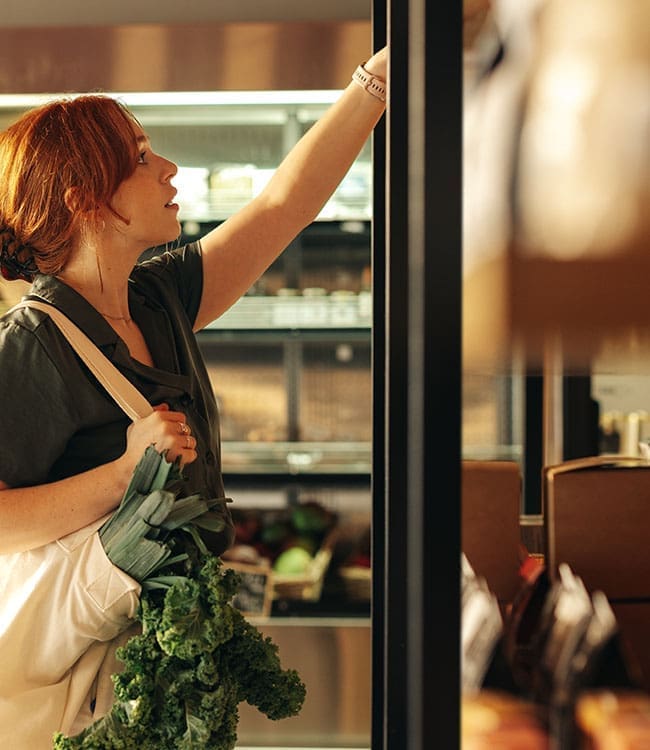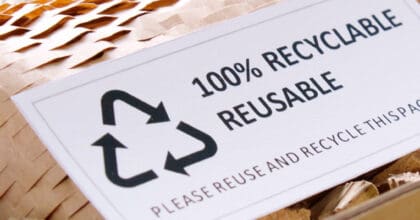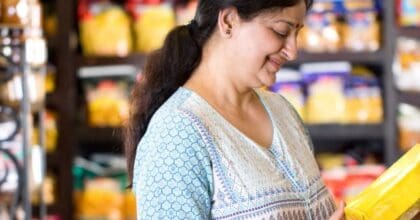There’s been a big focus on plastic waste recently with companies around the world uniting to address the issue. Here, Mintel’s expert analysts share their thoughts on the issue of plastic waste in South Korea, India and Thailand, to assess the implications for companies and brands.
Delon Wang, Trends Manager, Asia Pacific
According to the Korea Zero Waste Movement Network, South Koreans use 19 billion plastic bags of all kinds each year, which is more than twice the average in Europe. To lower single-use plastic consumption, government buildings and subway stations in Seoul recently stopped providing disposable plastic bags for dripping umbrellas. Based on statistics published by the government, government-affiliated buildings in Seoul used more than 300,000 disposable umbrella bags in 2017.
Brands around the world are stepping up efforts to tackle plastic waste problems as a way to demonstrate a clear conscience and their commitment to environmental sustainability.
The same is happening in South Korea; earlier this year, five major retail and discount store chains – E-Mart, Lotte Market, Homeplus, Hanaro Mart and Mega Mart – vowed to reduce the amount of plastic shopping bags they use. Around 350 of the five chains’ outlets have committed to creating an environmentally-friendly shopping culture with initiatives like promoting the use of reusable shopping bags and charging for plastic bags. E-Mart, for instance, said it would reduce the use of plastic bags at all 145 of its stores by 50%.
People across Asia Pacific are aware that their consumption has a direct impact on the environment. As more and more favour sustainable and green products, brands and companies would do well to implement innovative initiatives to reduce waste and ensure sustainability.
Ranjana Sundaresan, Senior Research Analyst, India
Plastic packaging is low cost and helps companies keep prices down for shoppers, but its environmental impact will make it increasingly unviable. This isn’t just a case of polythene shopping bags; it is product packaging as well that is causing problems.
There is growing interest in sustainable alternatives to plastic as people become more conscious of their consumption. Mintel research finds that almost two in three Indian city dwellers take their own bags when they go grocery shopping. This change in people’s behaviour has seen companies across the world look for ways to reduce their plastic consumption by turning to alternative and sustainable materials.
PepsiCo has recently announced its plans to introduce its first ever 100% compostable plant-based packaging for the company’s snack brands Lay’s and Kurkure. This packaging solution was developed by PepsiCo with India being one of the first countries to pilot the new sustainable option.
Brands can have a significant, positive impact on the environment by replacing plastic throughout their business. However, they should also invest in communicating the benefits of this transition to encourage their customers to join this movement. For example, simple initiatives, such as exchanging empty plastic-free packaging for discounted products, or gaining loyalty points for opting for greener alternatives, could go a long way towards winning public favour.
Suddhanya Yupho, Insight Analyst, Thailand
Plastic waste has become a major talking point in Thailand as decades of wasteful habits wash up on the country’s beaches. A survey by the Thai government found that the average Thai uses eight plastic bags a day, which equates to almost 200 billion a year. What’s more, Thailand is also the sixth largest contributor to marine waste globally, as ranked by the Ocean Conservancy.
The scale of the problem has encouraged the government to act, with waste management now high on its agenda. However, people are also expecting companies to take an active role in driving sustainability initiatives, with actions on plastic waste emerging as particularly important across markets as awareness of the negative impact of plastic grows.
Just a few months back, food delivery platform Foodpanda rolled out a new ordering process in Thailand that allows customers to make orders from over 100 restaurants with the option of forgoing plastic cutlery.
Plastic waste is not going away, and as awareness of the issue grows, all brands exposed to the problem should be looking to join the conversation. Whether by reducing the use of unnecessary plastic in operations, moving away from plastic packaging or investing in more sophisticated waste management systems, brands need to take action to thrive in a future where people’s perceptions of plastic are changing.
Today, positive changes are already being felt in Thailand, a nation known for overusing plastic, showcasing how people’s perceptions can be influenced especially when brands come together to address the issue of plastic waste.
Delon is Trends Manager, Asia Pacific at Mintel. He oversees Trends content and Trends client servicing for the region.
Ranjana is Mintel’s Senior Research Analyst based in Mumbai. She specialises in analysing consumer trends as well as food and drink developments in India.
Suddhanya is an Insight Analyst for Thailand at Mintel. She is responsible for creating category-specific reports capturing consumer and product innovation trends in Thailand.










































